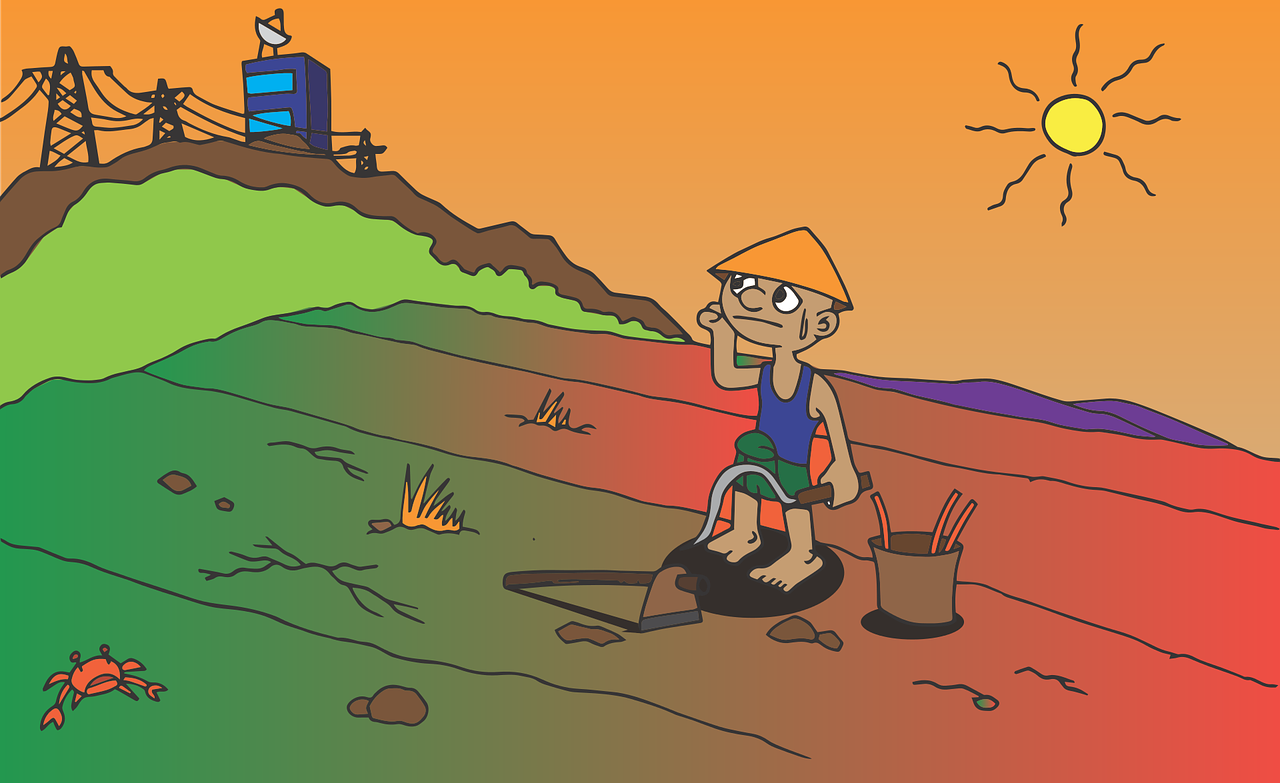The Challenges and Importance Farmers: A Look at the State of Agriculture in the Philippines
The farmers of the Philippines play a crucial role in the country's economy and society, as they are responsible for producing the food that sustains the population and drives economic growth. Despite the critical role they play, Philippine farmers often face a range of challenges, from limited access to resources and technology, to low prices for their crops, and poor working conditions. We will take a closer look at the lives and challenges of Philippine farmers, exploring their history, the current state of the industry, and some of the major issues they face today.
History of Philippine agriculture
Agriculture has been a central part of the Philippine economy for centuries, with farmers playing a critical role in the production of crops such as rice, corn, and sugarcane. Historically, Philippine farmers have faced a range of challenges, from limited access to resources and technology, to competition from foreign imports. However, despite these challenges, Philippine agriculture has remained a critical sector, providing food and income for millions of Filipinos.
Current state of Philippine agriculture
Today, Philippine agriculture continues to play a critical role in the country's economy, contributing to nearly 10% of the country's Gross Domestic Product (GDP). However, despite its importance, the sector faces a range of challenges, including limited access to resources, low prices for crops, and poor working conditions. Many Philippine farmers work on small plots of land, and struggle to access the resources and technology they need to be successful. Additionally, low prices for crops make it difficult for farmers to earn a living, leading many to abandon farming for other work.
Major issues facing Philippine farmers
There are several major issues facing Philippine farmers today, including:
-
Limited access to resources and technology: Many Philippine farmers lack access to the resources and technology they need to be successful, including land, water, and modern farming equipment.
-
Low prices for crops: Philippine farmers often receive low prices for their crops, making it difficult for them to earn a living and support their families.
-
Poor working conditions: Philippine farmers often work long hours in difficult conditions, and lack access to basic benefits like healthcare and retirement savings.
-
Competition from imports: Philippine farmers face intense competition from foreign imports, which can drive down prices for their crops and make it difficult for them to compete.
-
Climate change: Climate change is affecting Philippine agriculture, causing droughts, floods, and other extreme weather events that can damage crops and reduce yields.
Despite these challenges, Philippine farmers remain dedicated to their work, and are critical to the success of the country's economy.
The farmers of the Philippines play a critical role in the country's economy and society, producing the food that sustains the population and drives economic growth. Despite the challenges they face, from limited access to resources and technology, to low prices for their crops, and poor working conditions, Philippine farmers remain dedicated to their work, and are critical to the success of the country's economy. To ensure the continued success of Philippine agriculture, it is important to address the major issues facing farmers, including limited access to resources and technology, low prices for crops, and poor working conditions, and to support the development of a strong and sustainable agricultural sector.

